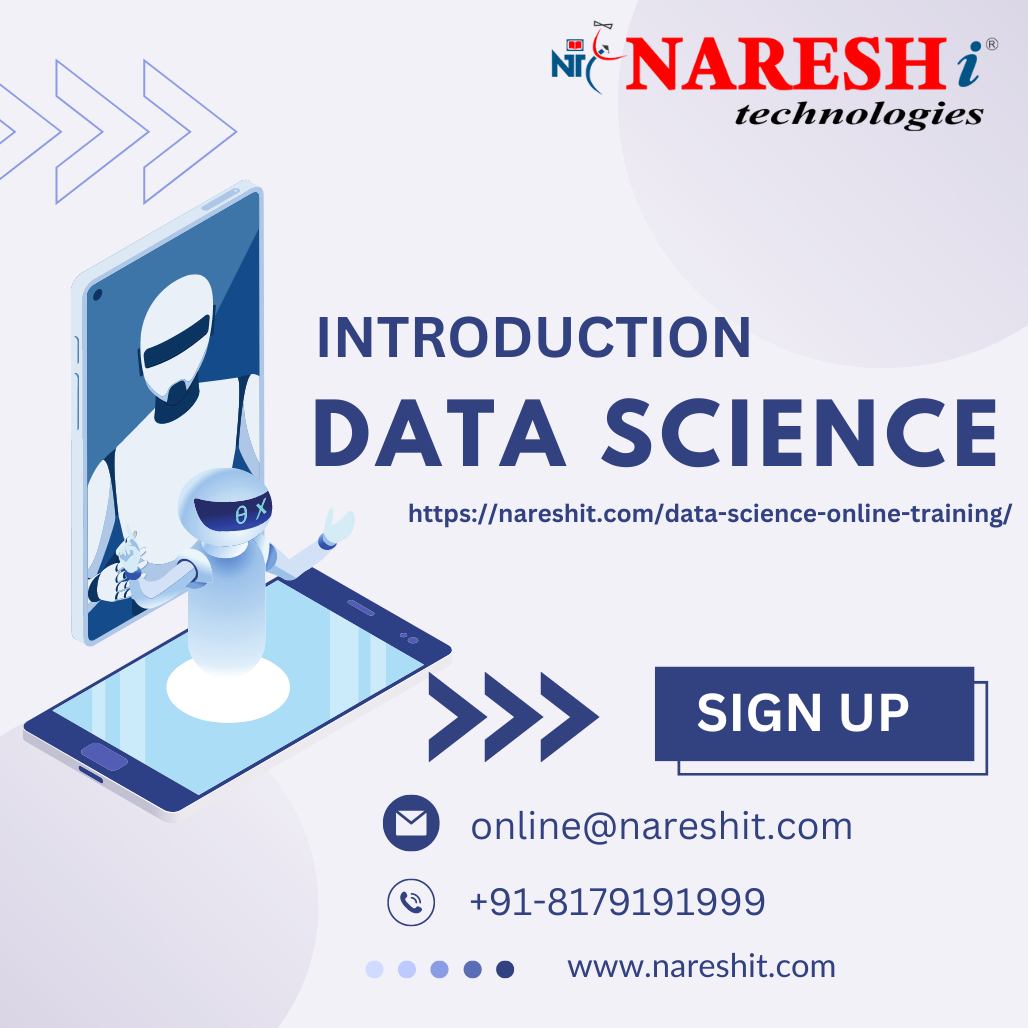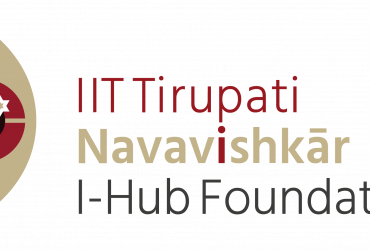Ad Details
-
Ad ID: 62316
-
Added: June 2, 2023
-
Sale Price: ₹ 18000
-
Regular Price: ₹ 18000
-
Condition: Brand New
-
Location: India
-
State: Telangana
-
City: Hyderabad
-
Views: 103
Description
Slide 1: Introduction to Data Science
Title: Introduction to Data Science
Content:
Definition of Data Science: Data science is an interdisciplinary field that uses scientific methods, processes, algorithms, and systems to extract knowledge and insights from structured and unstructured data.
Importance of Data Science: Data science plays a crucial role in making data-driven decisions, solving complex problems, and unlocking valuable insights for businesses and organizations.
Key Components of Data Science: Data collection, data cleaning and preprocessing, exploratory data analysis, statistical modeling, machine learning, and data visualization.
Slide 2: Data Science Lifecycle
Title: Data Science Lifecycle
Content:
Data Acquisition: Collecting data from various sources such as databases, APIs, web scraping, or sensors.
Data Preparation: Cleaning, transforming, and preprocessing the data to ensure its quality and compatibility for analysis.
Exploratory Data Analysis (EDA): Analyzing and visualizing the data to identify patterns, trends, and relationships.
Modeling and Evaluation: Developing statistical models and machine learning algorithms to solve specific problems and evaluating their performance.
Deployment and Communication: Implementing the models into production systems and effectively communicating the results to stakeholders.
Slide 3: Applications of Data Science
Title: Applications of Data Science
Content:
Business Analytics: Using data science to extract insights from customer behavior, market trends, and operational processes to drive business strategies.
Predictive Analytics: Building models to forecast future outcomes and make predictions in various domains such as finance, healthcare, and marketing.
Natural Language Processing (NLP): Applying data science techniques to understand and process human language, enabling tasks like sentiment analysis and language translation.
Recommender Systems: Developing algorithms to provide personalized recommendations to users, such as movie recommendations on streaming platforms.
Fraud Detection: Leveraging data science methods to identify and prevent fraudulent activities, such as credit card fraud or cybersecurity threats.
Slide 4: Data Science Tools and Technologies
Title: Data Science Tools and Technologies
Content:
Programming Languages: Python, R, and SQL are commonly used programming languages in data science for data manipulation, analysis, and modeling.
Data Visualization: Tools like Tableau, Power BI, and Matplotlib help create visual representations of data to communicate insights effectively.
Machine Learning Libraries: Popular libraries such as scikit-learn, TensorFlow, and PyTorch provide pre-built algorithms and frameworks for machine learning tasks.
Big Data Technologies: Apache Hadoop, Spark, and NoSQL databases enable processing and analysis of large-scale datasets.
Cloud Platforms: Services like AWS, Azure, and Google Cloud provide scalable infrastructure for storage, processing, and deploying data science applications.
Slide 5: Ethical Considerations in Data Science
Title: Ethical Considerations in Data Science
Content:
Privacy and Security: Ensuring the responsible handling of personal data, protecting user privacy, and safeguarding against data breaches.
Bias and Fairness: Addressing biases in data collection and modeling that can lead to unfair outcomes or discrimination.
Transparency and Explainability: Making data science models and algorithms more interpretable and providing explanations for their predictions and decisions.
Data Governance: Establishing guidelines and policies for data handling, storage, and access to ensure compliance with regulations and ethical standards.
Accountability: Taking responsibility for the consequences of data science practices and being accountable for the impact on individuals and society.
Who can learn Data Science?
Data science is a field that is open to anyone who is interested in learning. While a background in mathematics, statistics, computer science, or a related field can be helpful, it is not a strict requirement. With the right mindset and a willingness to learn, anyone can become a data scientist.
The future of technology Data Science
Data Science in the Present: Briefly summarize the current state of data science and its impact on various industries.
Importance of Looking Ahead: Explain the need to explore the future of technology in data science to stay ahead of the curve and harness its potential.
Visit Here: https://nareshit.com/data-science-online-training/
contact us: online@nareshit.com|+91-8179191999











Leave a Comment
Your email address will not be published. Required fields are marked. *